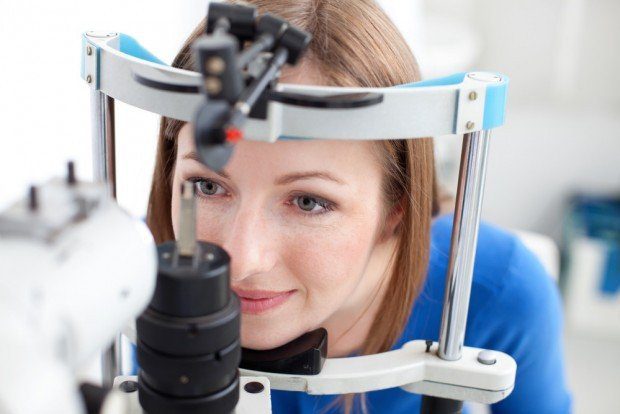Studies suggest that people know eye protection is essential for overall health. However, people mostly opt for sunglasses as a means only to seek protection from the sun’s rays. Numerous reasons can help you understand why you need sunglasses more often.
This Longevity Partner Content article highlights the various aspects and benefits you can seek from wearing sunglasses.
Prevention of Sun-Related Issues
The eyes are one of the most sensitive parts of the human body. Prolonged exposure to the sun’s harmful rays can lead to numerous eye diseases. However, opting for good-quality sunglasses can help you safeguard your eyes from the sun’s rays. It can help reduce the damage and keep your eyes protected.
It is worth mentioning that opting for prescription sunglasses will help your eyes seek protection from UVA and UVB rays and offer several other benefits.
After diagnosing your eye problems and their current condition, the apt prescription sunglasses can protect your eyes from glare and side reflection.
Opting for sunglasses that give protection and fully cover your eyes is the best option. The wraparound lenses are popular for this job. Choosing polarized sunglasses can help with an additional layer of protection, prohibiting front and side glare. Apart from these, you can avoid many health complications by wearing sunglasses. These include:
Sunglasses and skin cancer
Sunlight sensitivity of eyelids and the skin around the eyes is very high. More than 10% of the skin cancer detected today occurs around the eyes.
You can choose UV protective sunglasses with large lenses that protect your eyes and the surrounding skin. Many fashionable options come in wraparound sunglasses for this job.
Macular Degeneration
Macular degeneration is a condition where a part of the retina disintegrates and leads to vision loss. The impairment can even lead to blindness, and the process gets aggravated due to harmful UV rays. Choosing to wear sunglasses can give you the required protection against such a condition and help avoid macular degeneration.

baranq/shutterstock
Cataracts & glaucoma
Prolonged exposure to the sun’s rays can cause cataracts. Any symptoms of glaucoma can also aggravate due to higher exposure to UV rays and can lead to blindness.
You can choose a pair of complete UV protection sunglasses to reduce the risk of cataracts and glaucoma complications.
Pterygium
The surfer’s eye disease or pterygium refers to growth in the eyeball. Although doctors do not identify it as a serious concern, it can be an annoying and painful thing to have.
The most common treatments involve steroids, eye drops, and even surgery in case of advanced ailments. Prevention is, of course, the best thing to do. Doctors recommend wearing UV protection sunglasses even when the sun isn’t visible.
Protection Against Foreign Elements
Protecting your eyes from getting contaminated can help reduce eye damage. If you spend prolonged hours outside, you can get exposed to the sun’s rays, dust, and dirt. These are equally harmful to the eyes.
How sunglasses protect against wind & dust
You will sense irritation in your eyes when you spend time outside in a windy and dusty area. The best way to protect your eyes in such a condition is to wear sunglasses to prohibit such elements from entering your eyes.

Photo by cottonbro from Pexels
Sand
Sand is very dangerous for your eyes. If it enters the eyes, it can be very painful. The sand’s tiny granules can scratch your eye and lead to permanent damage. Sunglasses that completely cover your eyes are the best solution to tackle such a scenario.
Help in Recovery and Healing
Sunglasses provide a chance to recover and heal in case of LASIK or PRK surgery. These surgeries are designed to improve your vision, and sunglasses can protect your eyes during the period of recovery.
Your sunglasses will also help you adjust to the new vision as your eyes heal. Numerous corrective surgeries take place for eyes today. However, a crucial part of the surgery includes good post-surgical care. It is applicable for cataract surgery, vision correction, or eyelids repair.
Wearing protective sunglasses is the top recommendation that doctors give post such surgeries to restore vision.
Bottom line
As you can see, there are numerous benefits that sunglasses can provide to your eyes. At times many people face discomfort due to headaches and migraines. Sunglasses can help cope with such situations too. You can wear sunglasses to ease your riding experience under the scorching sun.



![women [longevity live]](https://longevitylive.com/wp-content/uploads/2020/01/photo-of-women-walking-down-the-street-1116984-100x100.jpg)










